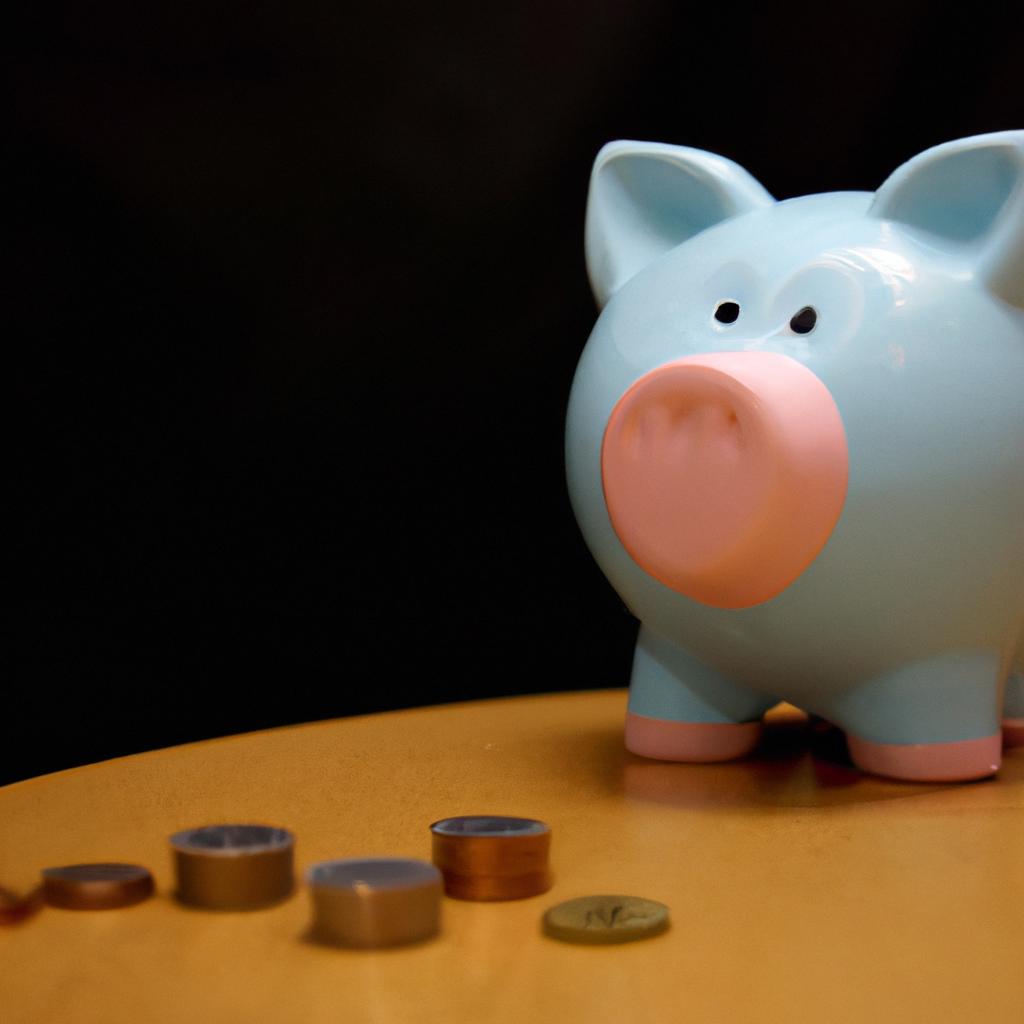Introduction to Minimalism
What is minimalism? Put simply, it’s a lifestyle of living with less and focusing on what really matters. A minimalist lifestyle is about reducing clutter, consuming less, and being intentional with the decisions we make in our lives. There are many benefits that come with living with less – from physically decluttering your space to mentally and emotionally decluttering your mind.
The goal of minimalism is to remove the unnecessary and focus on the important. This means having fewer possessions and eliminating distractions. It’s about choosing quality over quantity; by leaving behind clutter and stress, you can enjoy more freedom and contentment in life.
The practice of minimalism helps you become aware of how much stuff you have in your life and how much of it is actually necessary. It can be empowering to free yourself from the stress of materialism and peak consumerism. Reducing clutter can also help clear your mind, increase your focus, and help you live a more meaningful life.
Let’s take a closer look at how minimalism can improve your life and the various ways you can practice its principles.
Mental Benefits of Minimalism
Minimalism has many tangible benefits, both mentally and physically. Minimalism has been linked to increased focus, lower stress levels, and improved productivity. This is due to the fact that when you rid your life of items and commitments that don’t bring you joy and satisfaction, you naturally create more space to focus on what matters most.
Decluttering your life can help reduce stress levels, as it eliminates visual and mental clutter. This, in turn, frees up mental energy to focus on important tasks, such as reaching goals and completing projects. When you’re not wasting time thinking about all the items you own or the commitments you have to manage, you can use that energy to focus on more meaningful endeavors.
Minimalism also encourages productivity. Without the need to organize, manage, and clean up after all the possessions we own, we become more efficient with our time. As a result, we have more time to focus on things that truly matter, like taking care of ourselves or spending time with friends and family.
Physical Benefits of Minimalism
For many people, minimalism is more than a trend or a lifestyle choice – it’s a journey of self-discovery. Due to the physical nature of minimalism – decluttering your home and environment – there are numerous physical benefits associated with the practice.
Studies have shown that a cluttered environment can induce stress, tension, anxiety, and even depression. When you embark on a minimalist lifestyle, you’re removing unnecessary items from your space, which helps create a sense of calm and clarity. Decluttering your living space is one of the simplest ways to reduce stress and anxiety levels.
Also, getting rid of excess clutter can provide you with a better night of sleep. Without having piles of stuff around your bedroom, you’ll be able to create an environment that helps you relax. Additionally, you’ll be able to monitor the air quality of your bedroom more easily, which can also help you achieve good sleep.
Finally, minimalism is a great way to take care of your health. A minimalist lifestyle encourages healthy eating habits such as eating whole foods and avoiding processed goods. It also encourages mindful eating habits, encouraging you to pay attention to what you’re consuming and how it makes you feel.
Living a minimalist lifestyle isn’t just about getting rid of excess stuff. It’s also about creating physical space for yourself to relax, focus, and connect. With the right strategies in place, you can enjoy physical benefits such as lower levels of stress, better quality sleep, and improved physical health.
Emotional Benefits of a Minimalist Lifestyle
A minimalist lifestyle offers many emotional benefits that can help bring balance and peace into your life. By living with less, decluttering your possessions, and organizing your space and life, you can improve your emotional health and wellbeing.
Living with less can encourage self-reflection and mindfulness. When you rid your space of excess belongings and arrange it in an organized manner, it can help you to focus on what really matters in life. It can also allow you to take a step back and take the time to think about yourself, your values, and your goals.
Minimalism can also boost your self-esteem and confidence. By investing in quality items that last instead of cheap, quickly-made alternatives, you’ll be more confident in the things you own. Likewise, decluttering and simplifying your space can make it feel inviting and pleasant, further improving your self-esteem.
Finally, learning how to resist temptations – such as consumerism, shopping, and accumulating things – can be a valuable life skill. By exercising this restraint, you’ll be able to live within your means and choose meaningful experiences over material possessions, making you happier in the long run.
Financial Benefits of a Minimalist Lifestyle
When it comes to budgeting and saving money, few approaches are as effective as minimalism. By cutting out unnecessary spending and limiting purchases to only the necessary items, you can significantly improve your financial health. With a minimalist lifestyle, you’ll be able to save more money on a regular basis, which can help you pay off debts faster and build up your savings.
One of the major benefits of minimalist living is that it helps you curb impulse buying. You may find yourself wondering why you need the latest phone or a new pair of shoes every month, but a minimalist lifestyle will stop you from making impulsive decisions that put a strain on your budget.
A minimalist lifestyle also allows you to focus on the important things in life, like relationships, experiences, and knowledge. Since you won’t be tempted to spend money on unnecessary items, you’ll have more resources available to spend on experiences and activities that truly matter.
Finally, minimalism can help you develop better long-term financial habits. When you eliminate unneeded expenses and choose to live with less, you’re able to prioritize your financial goals and work towards achieving them. This is especially true if you use the extra money from not buying unnecessary items to pay down any debts.
Overall, minimalism offers many financial benefits. It allows you to save money, pay debt faster, and enjoy life more by focusing on the essential—not the disposable.
Examples of Minimalist Practices
Minimalism provides a great opportunity for us to live a more simple life and focus on the things that really matter. There are many strategies and tips on living a minimalist lifestyle that can easily be incorporated into your daily routine. These practices can help you declutter your space, reduce stress levels, and develop a healthy relationship with possessions.
Firstly, it’s important to learn how to resist the temptations of buying things we don’t need. This can be difficult when surrounded by a culture of materialism and consumerism. But by simply being aware of our habits, we can make more conscious decisions about what we purchase. It’s also helpful to use clear-out strategies, such as only keeping items that are useful, or that you truly love.
Going digital is another great way to practice minimalism. By switching from physical to digital versions of products such as books, music, films, and magazines, you’ll be able to save a lot of space and money in the long run. You’ll still have access to the entertainment you love without needing to own it all.
Finally, one of the most powerful aspects of minimalism is learning to limit your purchases and break the habit of over-shopping. Ask yourself if you truly need something before buying it, and challenge yourself to stop reaching for your wallet whenever you go out. Think about the difference between need and want, and try to focus on the former.
By incorporating these strategies and tips into your lifestyle, you will be well on your way to achieving the benefits of minimalism.
Conclusion: The Benefits of a Minimalist Lifestyle
Minimalism is an ever-growing lifestyle that encourages us to declutter and simplify our lives. With the promise of increased mental, physical, emotional, and financial benefits, it’s no wonder this lifestyle is becoming increasingly popular. Mental benefits include improved focus and productivity, while physical benefits include better health and better sleep. Emotionally, minimalism allows you to take a step back and reflect on your life and environment. Financially, it can help you save money and pay off debts, not to mention free up more time for relaxation and activities that bring true joy.
Living a minimalist lifestyle takes practice, but even the smallest changes can make a positive difference. Try limiting excessive purchases, resisting temptations, and embracing the digital world. Make decluttering a priority, and maintain a sense of minimalism with each passing day. Taking time to appreciate the little things and understanding the importance of ‘less is more’ will help you reap the greatest rewards of minimalism.
comments: 0





